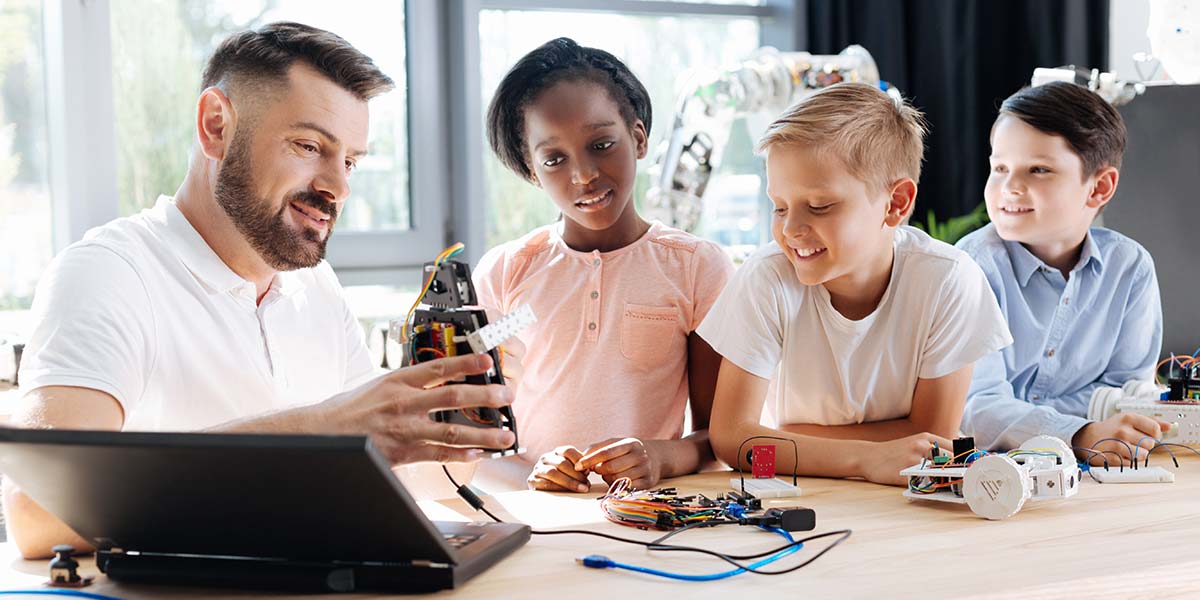It’s great to have enthusiastic self-motivated students — of any age — that are into electronics. The challenge — at least based on my experience teaching teenagers — is making the students appreciate the relatively long process of mastery.
As the Jedi Padawans demonstrate in Star Wars, acquiring the first 80% of knowledge and skills may take a few weeks or months, but getting a handle on the remaining 20% usually takes years of study and practice under the leadership of a master.
To the uninitiated student, this often seems absurd. They may have learned how to rid the planet of alien invaders and conquer dozens of planets in a matter of weeks using a PlayStation or Xbox.
How much longer could it take to learn the nuances of, say, a Raspberry Pi microprocessor? Or, how to design and work with surface-mount components?
Well, if you’re new to electronics, then you’ll soon find that — as in just about every other endeavor — there’s an art involved, and mastery of that art takes time and focused study.
This isn’t to say that you can’t start enjoying the hobby from day one; it’s just that you’ll have to match your expectations with your experience.
For example, don’t expect to be able to repair your flat screen computer monitor without a year or two of experience, preferably under the guidance of a master or mentor.
If you’re a mentor to someone new to the hobby, then you may have your hands full. You’ll have to keep the overall objectives in mind — teaching, for example, the concept of resonance in an LC circuit — while making the experience as enjoyable as possible.
In my experience, this doesn’t mean shielding the student from failure. Far from it! You want your student to fail — gracefully — and come back for more. On each repeat attempt, students should be sensitized as to what they need to do, how to do it, and how much time they’ll have to do it in.
If you’re the parent of a Padawan, then you can do your part by recognizing when your son or daughter needs help. They may resist actual hand-holding, but probably won’t say no to a modest budget for parts, tools, and equipment.
I went through a good half dozen or so microcontrollers when I was first learning the limits of the technology. I still manage to occasionally fry the analog input to a processor when I’m working with mixed 3V and 5V devices.
No Padawan’s path to mastery can be complete without the sharing of skills and knowledge with others. Today, it’s more likely to come about through social media than face-to-face meetings. Still, there is value in sharing with others going through the same process.
Mentors are invaluable, but the hive mind of dozens or hundreds of eager learners who are also willing to share has value as well.
Best of all worlds is a mentor-moderated forum or actual meeting, where students provide the creativity and the mentor provides a degree of “grounding” in what’s likely to succeed.
Whether you’re a Padawan or helping one along their journey toward the mastery of electronics, may the EMF be with you. NV

